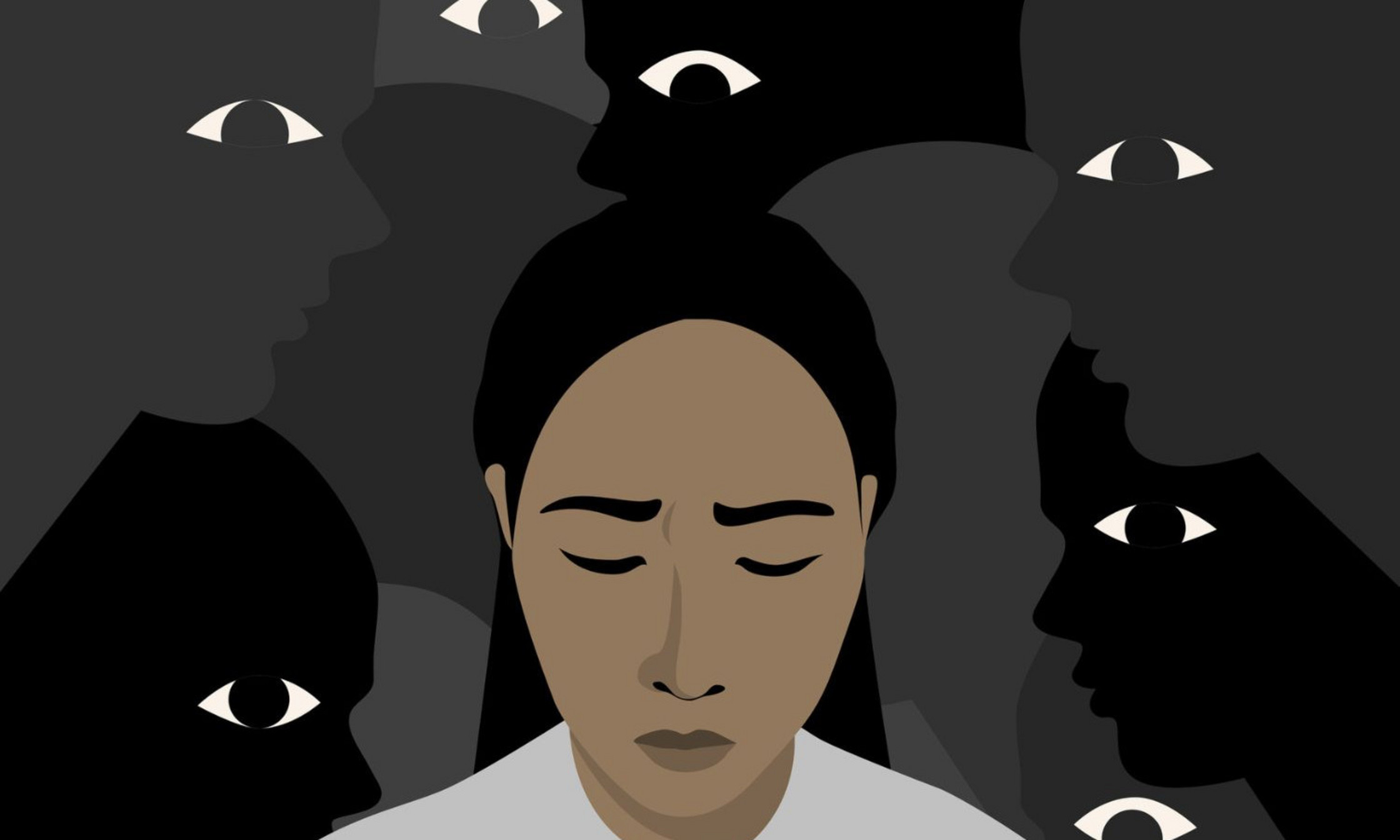Extending access to mental healthcare for vulnerable people

Doctors have a golden rule for addressing first-episode psychosis: treat it early. “For most mental disorders, onset occurs before age 25 — the earlier you intervene, the easier it is and the better the response,” notes Dr. Amal Abdel-Baki, a clinical professor in the Department of Psychiatry and Addiction at Université de Montréal.
Early intervention helps psychotics function in society, alleviates their symptoms and reduces the need to be hospitalized or go to the emergency room. And among these patients, some immigrants are especially vulnerable, coming from difficult and sometimes traumatic backgrounds that put them at greater risk of experiencing a psychotic episode.
“It’s important to consider how we can better meet their needs – if we can get them into treatment, the benefits are as great as for people without their sociodemographic vulnerabilities,” said Ines Boujelben, an UdeM psychiatry resident and master’s student who with Abdel-Baki has analyzed access to mental healthcare for racialized people and immigrants.
Based on an extensive five-year longitudinal study, their findings were published last month in Schizophrenia Research.
More likely to disengage

Previous studies have found that racialized and immigrant youth often have difficulty getting treated for first-episode psychosis and, if they do get it, are more likely to disengage afterwards. “These studies seem to indicate that we’re losing them,” said Boujelben. “It’s an important issue because when patients disengage, there’s a significant risk that the benefits of treatment will be lost.”
Boujelben investigated the reasons for disengagement using data from a longitudinal observational study of 567 adults between the ages of 18 and 30 who were admitted for first-episode psychosis between 2005 and 2013 to two sites in Montreal: the UdeM-affiliated CHUM hospital clinic for young adults with psychotic disorders, known as the JAP, and the first-episode psychosis program at UdeM's Institut universitaire en santé mentale de Montréal.
Boujelben and her research team found that first-generation racialized immigrants were more likely to come to these early intervention services through “adverse pathways” (law enforcement or ambulance) than non-racialized non-immigrants and even second-generation racialized immigrants. Across all groups, individuals brought in by police or paramedics were more likely to subsequently disengage from treatment than those brought by a relative, referred by a professional, or who came to a walk-in clinic on their own.
More likely to leave Montreal

Breaking down the data by racial and immigrant status also provided added nuance to previous findings. For example, first-generation immigrants are more likely to leave Montreal and return to their country of origin, which may falsely appear as treatment abandonment.
“We had the impression that we weren’t able to keep these vulnerable young people in treatment, but actually those who stayed in Montreal generally continued to be engaged throughout the five-year follow-up period,” said Boujelben. “People leave the Montreal area for all kinds of reasons and aren’t necessarily disengaging from care.”
To dig deeper into the results, the researchers intend to follow up their quantitative work with a qualitative study. “The qualitative component will help us understand the reasons for the overrepresentation we see,” said Abdel-Baki. “This will help us set improvement targets and provide guidance for responders, clinics, police, paramedics and policymakers,” Boujelben added.
“Once we have the qualitative results, we plan to share them with police and ambulance services,” Abdel-Baki said.
With the number of marginalized and vulnerable people growing in the metropolis, more consideration must be given to how their specific needs can be met more effectively, the researchers believe.
“Immigrants and racialized people are at greater risk of experiencing a psychotic episode,” said Boujelben. “But if we can get them into treatment, the benefits for the individual in terms of symptom remission and for society as a whole are the same as for any group.”
“It’s a question of equity in access to care,” Abdel-Baki concluded.



